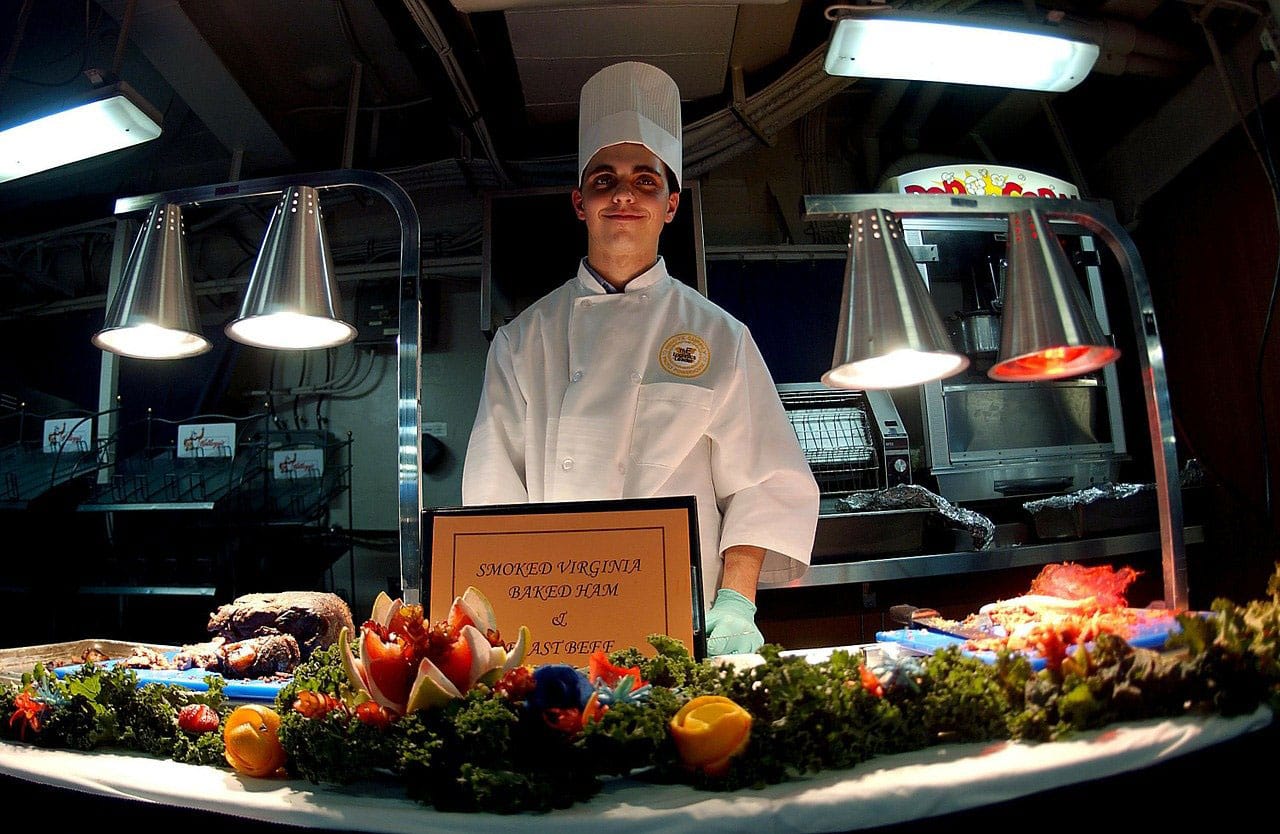Owning and running a restaurant is exciting and challenging. You have the opportunity to create the best food in town and a reputation to match. But, it can just as easily all go wrong, a bad review, one case of food poisoning, or unclean premises can quickly ruin your dream.
That’s why it’s so important to be aware of the risks associated with cross-contamination and know the following 5 tips to eliminate the issue.

Cross-contamination simply means that bacteria have transferred from one food to another. Many uncooked foods have bacteria in them that could be harmful if digested. These bacteria are killed during the cooking process, making the food safe to eat. However, if cross-contamination occurs the raw food comes into contact with the cooked food, allowing fresh bacteria to infect the cooked food. This is then served and the bacteria can infect the person eating the food.
1. Personal Hygiene
The first step to avoiding cross-contamination is to ensure that all employees, specifically food handlers, wash their hands properly, wear gloves when necessary, and use hair restraints. It’s also a good idea to ensure people arrive at work healthy, you don’t want someone coming in with a virus and spreading it to the rest of the staff as well as the diners.
2. The Right Equipment
To ensure you don’t have cross-contamination you should use industrial food machinery and have spate equipment for raw food and cooked food. This will reduce the chances of foods coming into contact with each other.
In fact, fresh and clean equipment should be used every time you change the food you’re working with. This is the safest approach to avoid cross-contamination.
3. Cleaning & Sanitizing
It’s not enough just to use separate equipment. One of the most important aspects of hygiene and avoiding cross-contamination is to ensure that all equipment is washed properly. If it isn’t, bacteria can quickly buildup and cause you problems.
It’s not just the equipment and the pots and pans that need to be washed properly, you should clean all the work surfaces with a disinfectant spray to ensure all bacteria are killed.
4. Food Storage
Another important step to prevent cross-contamination is keeping the food stored separately. Uncooked food should be stored in a separate refrigerator if possible. If they are stored in the same refrigerator you should keep the uncooked food below the cooked.
Of course, it is important to make sure the two food types do not touch each other and that you do not accidentally touch one and then the other. If there is any chance cooked food has touched uncooked food then you need to discard the cooked food, it’s the safest approach.
5. Uniforms
There’s a good reason why most restaurant staff wear a uniform, it helps to ensure their clothes are clean and that personal possessions are kept out of the kitchen.
This reduces the chances of items being dropped into different food types and inadvertently causing cross-contamination.

